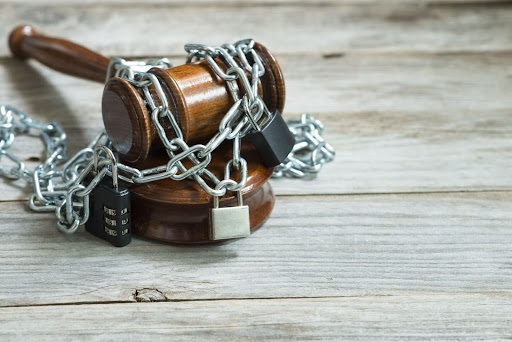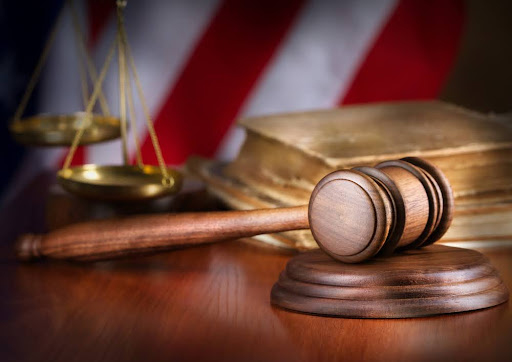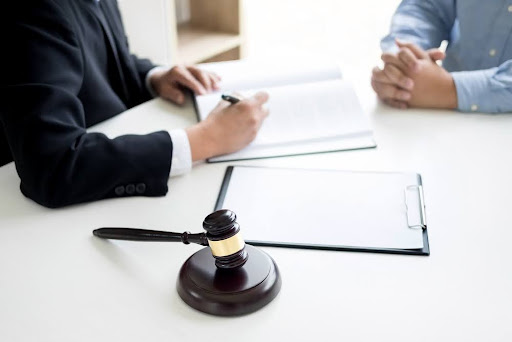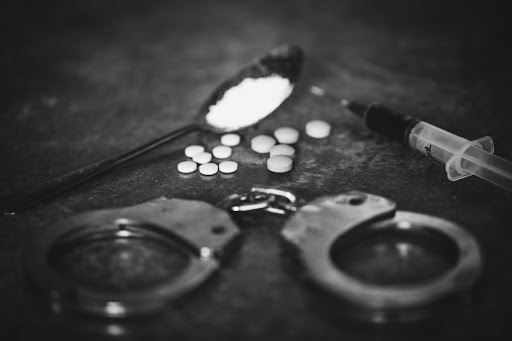An obstruction of justice is when an individual’s conduct obstructs the administration of law. This term is incredibly broad and encompasses many different types of unlawful actions and behavior.
In general, a justice obstruction commonly pertains to conduct that hinders and stands directly in the way of law enforcement and court processes. Here are several different forms an obstruction can take.










